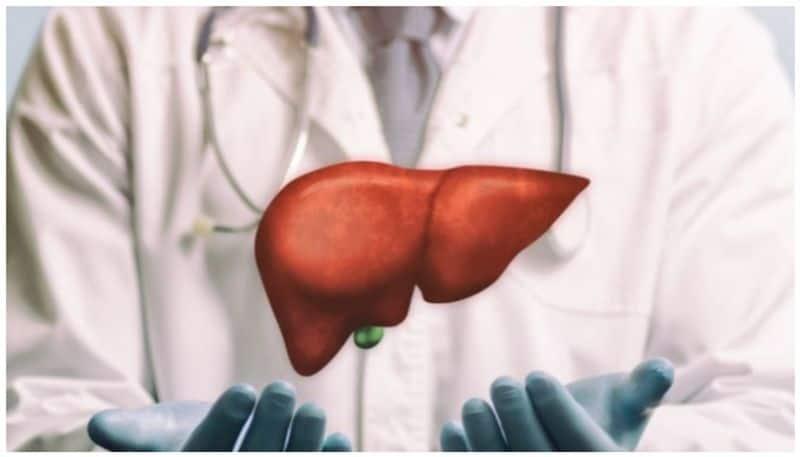(MENAFN- AsiaNet News)
It's quite pertinent that we address the specific health concern among young adults: the significant increase in metabolic-associated fatty liver disease (MASLD). Formerly known as non-alcoholic fatty liver disease (NAFLD), this condition has undergone a substantial transformation in its vocabulary.
The shift reflects a broader understanding that not all liver diseases are alcohol-related. In fact, only around one-third of the 300 to 350 patients we see monthly in the liver clinic present with alcohol-related issues.
MASLD underscores the intricate link between metabolism and liver health. While the metabolic syndrome is commonly associated with heart and kidney problems, its role in fatty liver disease is often underestimated. This oversight is particularly crucial in regions like South India, where carbohydrate-rich dietary patterns prevail alongside inadequate exercise routines and rising alcohol consumption.
Also Read:
World Liver Day 2024: Here are 8 lifestyle modifications to maintain a healthy liver
Genetic predispositions coupled with lifestyle factors contribute to MASLD's prevalence. Approximately 30 to 50 percent of the population carries genetic variations predisposing them to metabolic syndrome. In such environments, even minimal alcohol consumption can exacerbate liver issues.
However, MASLD can manifest independently of alcohol intake, primarily driven by poor dietary choices and sedentary lifestyles. Preventing MASLD is achievable through simple yet impactful lifestyle changes. Adopting a diet rich in moderate protein, low in carbohydrates, and devoid of added sugars is paramount.
Regular exercise further aids in maintaining liver health. However, it's crucial to emphasize the importance of moderation and appropriate timing in exercise routines. Exercising when fatigued or without adequate rest can be counterproductive.
Also Read:
What is Endometriosis? Why do women feel comfortable talking about it? Read this
Understanding one's target heart rate is essential for optimizing exercise benefits while minimizing strain on the body. Exercising at 50 percent of one's target heart rate, typically 20 beats below the maximum, for 15 to 20 minutes four times a week is sufficient for most individuals. Coupled with a balanced diet, this regimen can significantly reduce the risk of MASLD.

Lastly, it's essential to dispel the misconception that health supplements can substitute for a wholesome diet. A well-rounded diet provides all necessary nutrients without the need for supplements. Prioritizing dietary choices and lifestyle modifications over supplementation is key to maintaining liver health.
In summary, MASLD presents a growing health concern, particularly among young adults. By addressing lifestyle factors such as diet, exercise, and alcohol consumption, individuals can significantly reduce their risk of developing this metabolic-associated liver disease. As we move forward, promoting awareness and implementing preventive measures are vital in combating this emerging health issue.
- Dr Rajiv Lochan J, Lead Consultant - HPB, Liver Transplant and Robotic Surgery, Manipal Hospital Old Airport Road
MENAFN18042024007385015968ID1108113628
Legal Disclaimer:
MENAFN provides the information “as is” without warranty of any kind. We do not accept any responsibility or liability for the accuracy, content, images, videos, licenses, completeness, legality, or reliability of the information contained in this article. If you have any complaints or copyright issues related to this article, kindly contact the provider above.